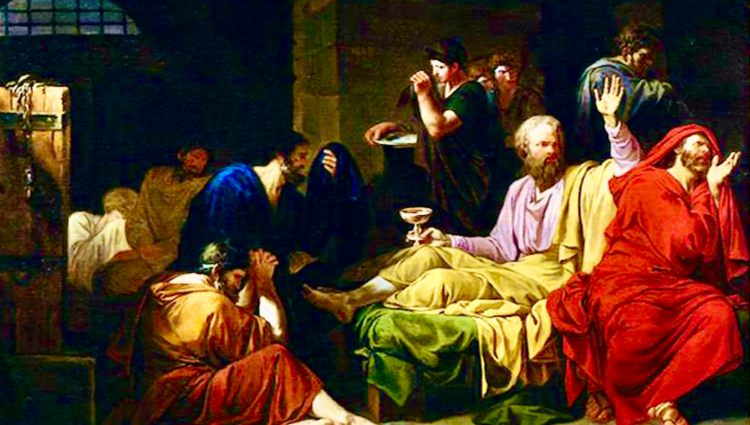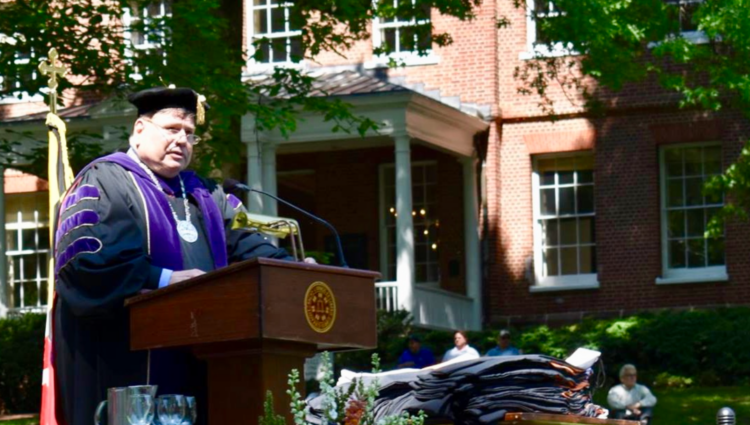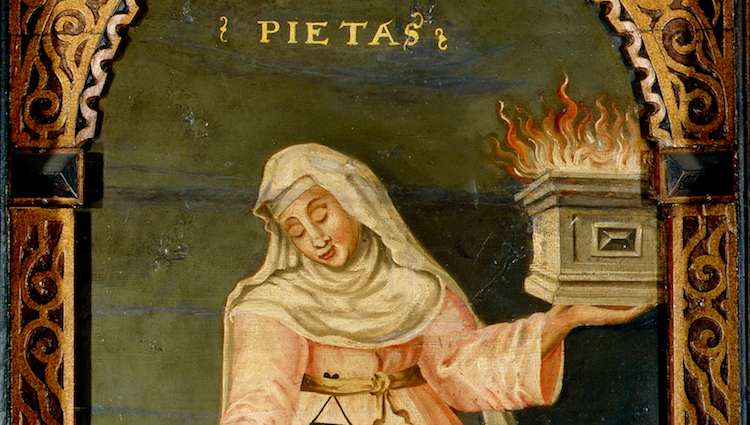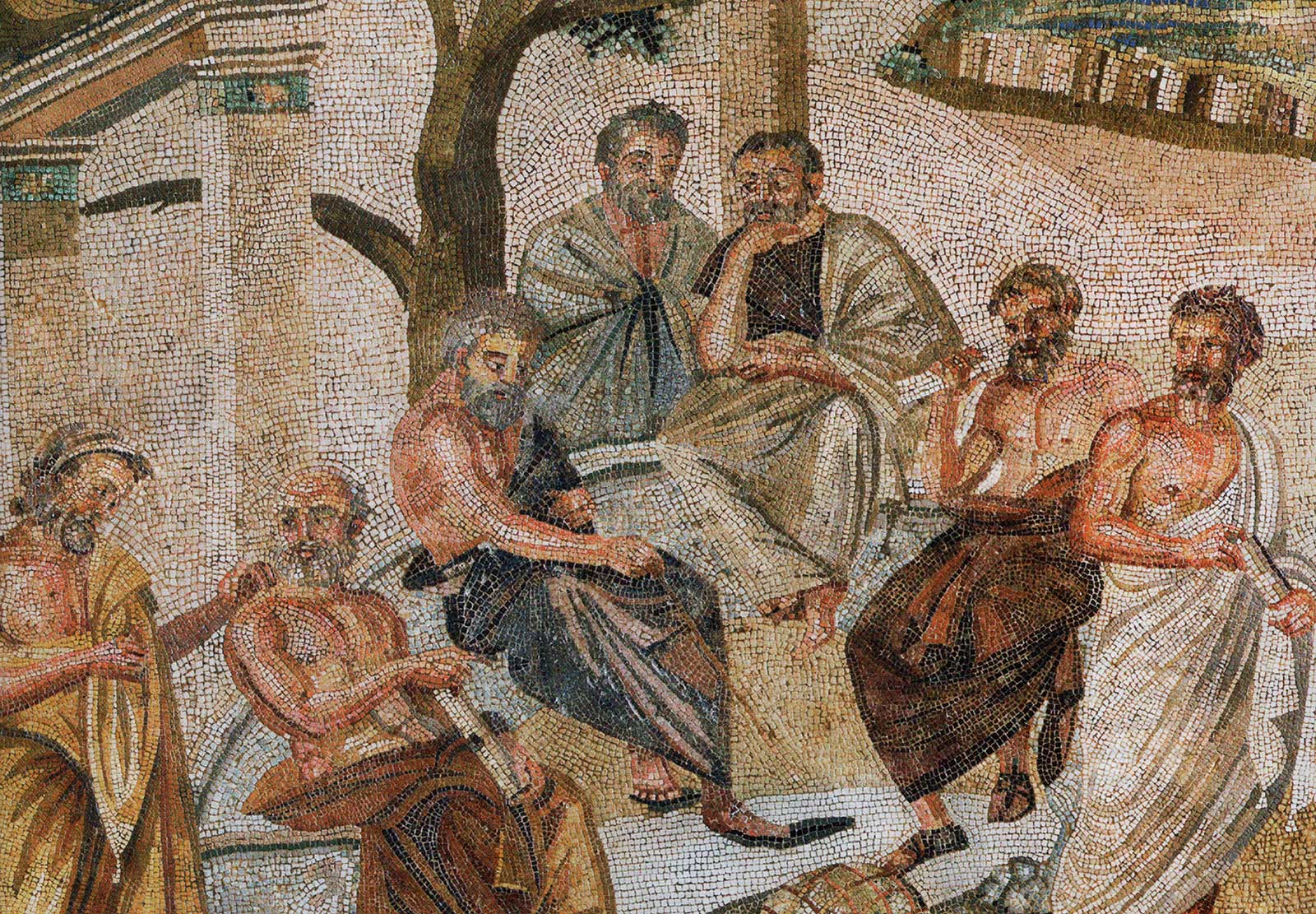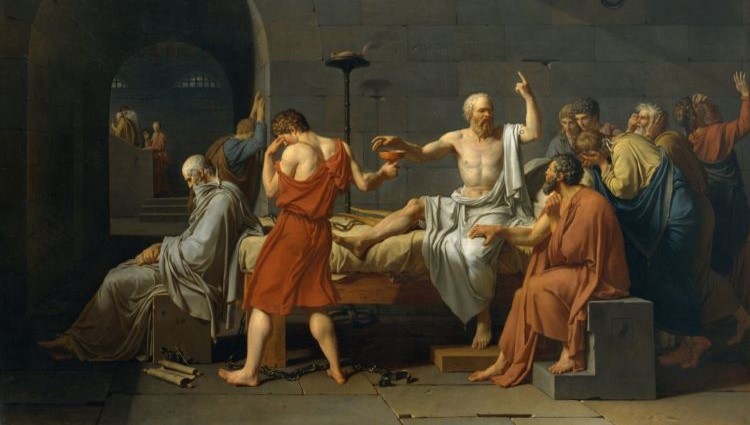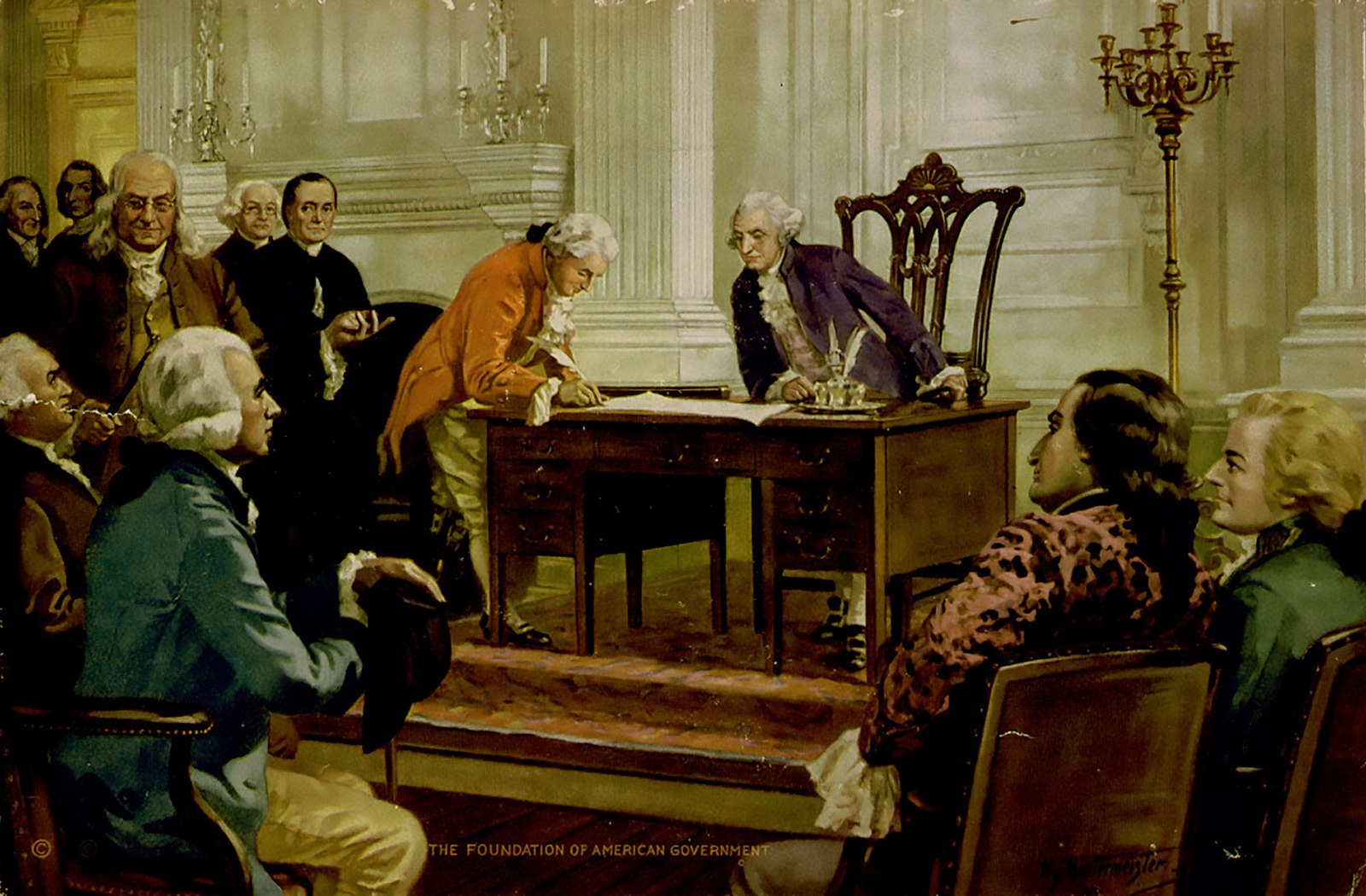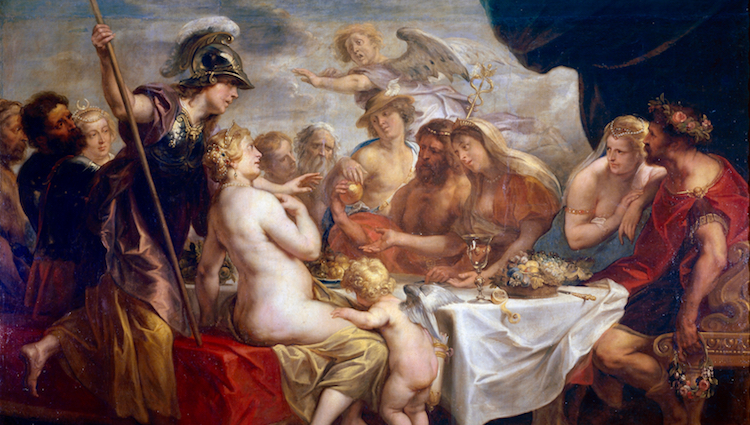The Trials and Death of Socrates
The body of Socrates may be gone but the Real Socrates has stayed with Phaedo, his friends and with all of us who will take up a life devoted to philosophy. I am grateful for the opportunity to have reflected on the life of Socrates as I wrote this evening’s lecture. Of course, it’s not [...]

